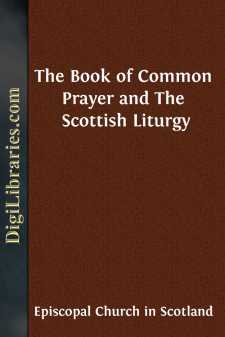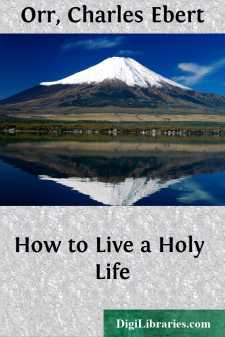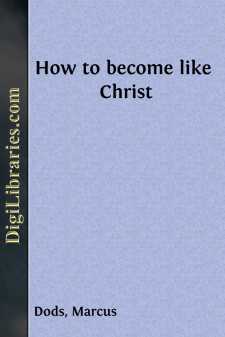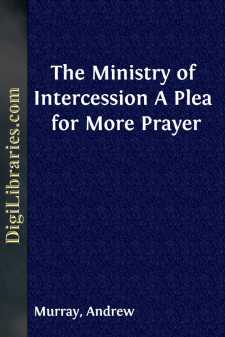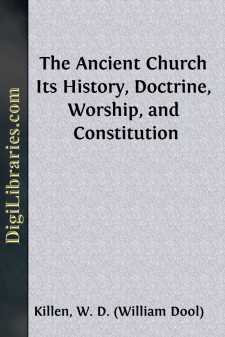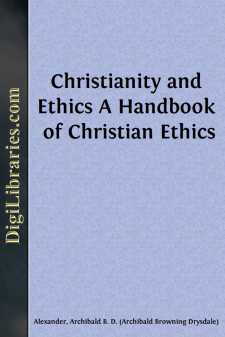Categories
- Antiques & Collectibles 13
- Architecture 36
- Art 48
- Bibles 22
- Biography & Autobiography 813
- Body, Mind & Spirit 142
- Business & Economics 28
- Children's Books 17
- Children's Fiction 14
- Computers 4
- Cooking 94
- Crafts & Hobbies 4
- Drama 346
- Education 46
- Family & Relationships 57
- Fiction 11829
- Games 19
- Gardening 17
- Health & Fitness 34
- History 1377
- House & Home 1
- Humor 147
- Juvenile Fiction 1873
- Juvenile Nonfiction 202
- Language Arts & Disciplines 88
- Law 16
- Literary Collections 686
- Literary Criticism 179
- Mathematics 13
- Medical 41
- Music 40
- Nature 179
- Non-Classifiable 1768
- Performing Arts 7
- Periodicals 1453
- Philosophy 64
- Photography 2
- Poetry 896
- Political Science 203
- Psychology 42
- Reference 154
- Religion 513
- Science 126
- Self-Help 84
- Social Science 81
- Sports & Recreation 34
- Study Aids 3
- Technology & Engineering 59
- Transportation 23
- Travel 463
- True Crime 29
The Book of Common Prayer and The Scottish Liturgy
Categories:
Description:
Excerpt
THE PREFACE
It hath been the wisdom of the Church of England, ever since the first compiling of her Public Liturgy, to keep the mean between the two extremes, of too much stiffness in refusing, and of too much easiness in admitting any variation from it. For, as on the one side common experience sheweth, that where a change hath been made of things advisedly established (no evident necessity so requiring) sundry inconveniences have thereupon ensued; and those many times more and greater than the evils, that were intended to be remedied by such change: So on the other side, the particular Forms of Divine worship, and the Rites and Ceremonies appointed to be used therein, being things in their own nature indifferent, and alterable, and so acknowledged; it is but reasonable, that upon weighty and important considerations, according to the various exigency of times and occasions, such changes and alterations should be made therein, as to those that are in place of Authority should from time to time seem either necessary or expedient. Accordingly we find, that in the Reigns of several Princes of blessed memory since the Reformation, the Church, upon just and weighty considerations her thereunto moving, hath yielded to make such alterations in some particulars, as in their respective times were thought convenient: Yet so, as that the main Body and Essentials of it (as well in the chiefest materials, as in the frame and order thereof) have still continued the same unto this day, and do yet stand firm and unshaken, notwithstanding all the vain attempts and impetuous assaults made against it, by such men as are given to change, and have always discovered a greater regard to their own private fancies and interests, than to that duty they owe to the public.
By what undue means, and for what mischievous purposes the use of the Liturgy (though enjoined by the Laws of the Land, and those Laws never yet repealed) came, during the late unhappy confusions, to be discontinued, is too well known to the world, and we are not willing here to remember. But when, upon His Majesty's happy Restoration, it seemed probable, that, amongst other things, the use of the Liturgy also would return of course (the same having never been legally abolished) unless some timely means were used to prevent it; those men who under the late usurped powers had made it a great part of their business to render the people disaffected thereunto, saw themselves in point of reputation and interest concerned (unless they would freely acknowledge themselves to have erred, which such men are very hardly brought to do) with their utmost endeavours to hinder the restitution thereof. In order whereunto divers Pamphlets were published against the Book of Common Prayer, the old Objections mustered up, with the addition of some new ones, more than formerly had been made, to make the number swell. In fine, great importunities were used to His Sacred Majesty, that the said Book might be revised, and such Alterations therein, and Additions thereunto made, as should be thought requisite for the ease of tender Consciences: whereunto His Majesty, out of his pious inclination to give satisfaction (so far as could be reasonably expected) to all his subjects of what persuasion soever, did graciously condescend....


